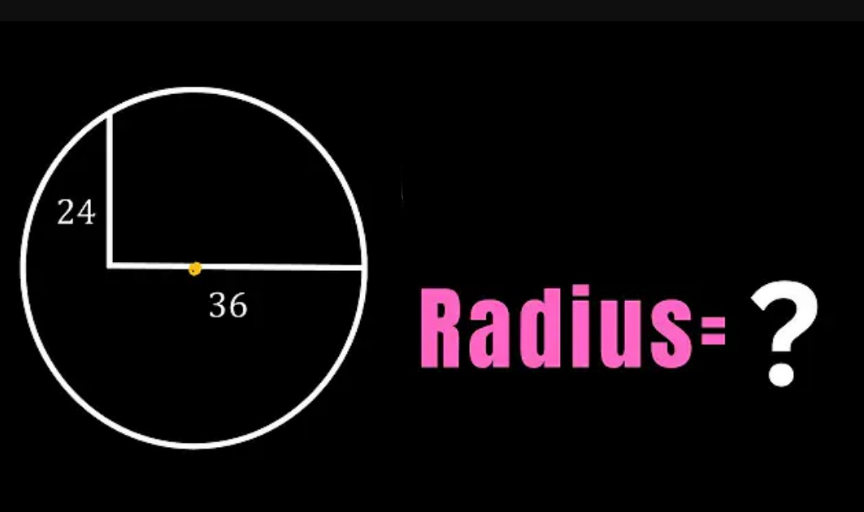
AllQuestion and Answers: Page 9
Question Number 205842 Answers: 2 Comments: 0
Question Number 205833 Answers: 0 Comments: 3
Question Number 205827 Answers: 2 Comments: 0
Question Number 205825 Answers: 1 Comments: 1
Question Number 205826 Answers: 0 Comments: 0
Question Number 205817 Answers: 2 Comments: 0
Question Number 205820 Answers: 1 Comments: 0
Question Number 205808 Answers: 2 Comments: 3

Question Number 205794 Answers: 1 Comments: 1
Question Number 205790 Answers: 0 Comments: 0

Question Number 205789 Answers: 0 Comments: 0

Question Number 205784 Answers: 0 Comments: 1

Question Number 205775 Answers: 1 Comments: 0
Question Number 205774 Answers: 2 Comments: 0
Question Number 205772 Answers: 2 Comments: 0

Question Number 205770 Answers: 0 Comments: 0
Question Number 205767 Answers: 1 Comments: 0
Question Number 205750 Answers: 2 Comments: 3
$$\int_{\mathrm{0}} ^{+\infty} \frac{\mathrm{1}}{\mathrm{1}+{e}^{\mathrm{2}{x}} }{dx}=? \\ $$
Question Number 205749 Answers: 0 Comments: 0
Question Number 205746 Answers: 1 Comments: 0

Question Number 205734 Answers: 5 Comments: 0

Question Number 205733 Answers: 1 Comments: 0
Question Number 205727 Answers: 1 Comments: 4
$${calculate}\:{lim}_{{x}\rightarrow\mathrm{0}} \frac{{e}^{{x}} −{cosx}}{{x}^{\mathrm{2}} } \\ $$
Question Number 205716 Answers: 2 Comments: 0
Question Number 205726 Answers: 1 Comments: 0
Question Number 205685 Answers: 2 Comments: 0

